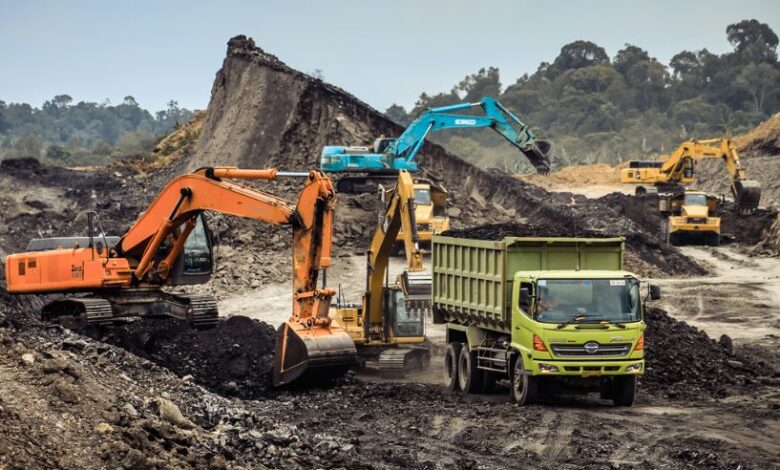The global race for critical minerals is on. Driven by recent shifts in geopolitical priorities between the “West” and the “East”, and the global inexorable march towards green industries and renewable energy, the demand for Southern Africa’s critical minerals has reached unprecedented heights.
Historically and for various reasons such as geology, finance, technical expertise, and providing minerals trading platforms, the mining powerhouse nations have been Australia, Canada, China, South Africa, and the United Kingdom for the past few decades,. The European Union nations have mostly chosen to take a backseat in the extraction of raw materials and focused more on the “cleaner” downstream activities of manufacturing and to a lesser extent, processing. In other words, European Union nations have up to now, been more comfortable being buyers rather than miners of raw materials.
The disruption of global supply chains, the Russia – Ukraine war, and the gradual frosting of “East” and “West” diplomatic relations, means that the EU can no longer afford to be over reliant on Southeast Asia for the supply of its critical raw materials. Enter the EU Critical Raw Materials Act that was proposed by the European Commission on 16 March 2023, which is meant to ensure the EU’s access to a secure, diversified, affordable and sustainable supply of critical raw materials.



